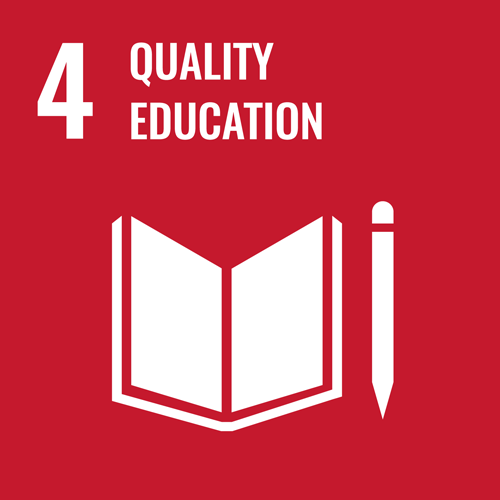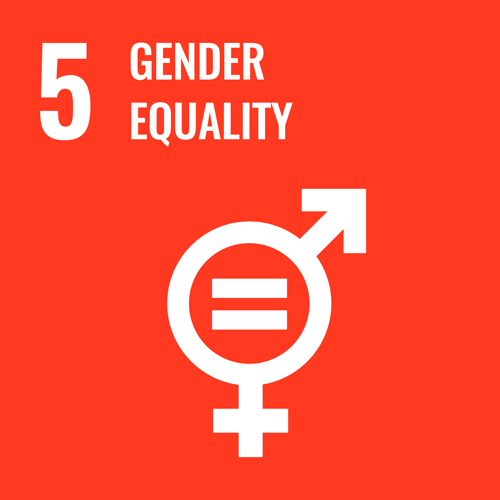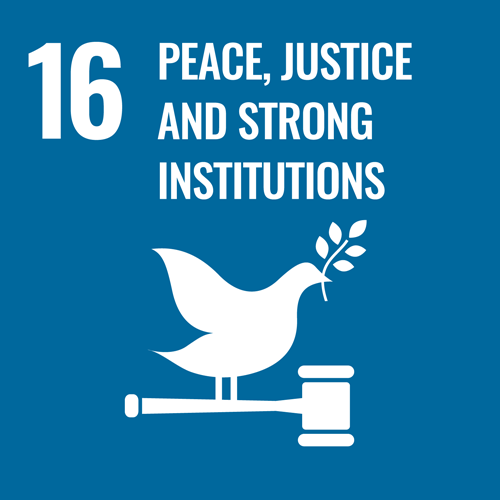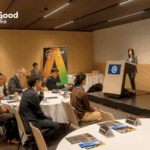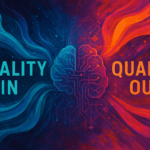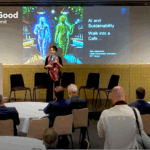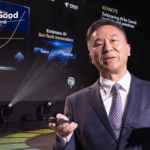
UNODA supports the development and implementation of practical disarmament measures after a conflict, such as disarming and demobilizing former combatants and helping them to reintegrate in civil society.
Description of Activities on AI
Project 1: CCW Group of Governmental Experts on Emerging Technologies in the Area of Lethal Autonomous Weapons Systems
The Office for Disarmament Affairs (ODA) supports the work of the Convention on Certain Conventional Weapons (CCW) Group of Governmental Experts on emerging technologies in the area of lethal autonomous weapons systems (LAWS). The Group has affirmed eleven guiding principles covering, inter alia, the applicability of international humanitarian law, the retention of human responsibility and that human-machine interaction should ensure LAWS are used in compliance with international law. In the context of the Sixth Review Conference of the Convention on Certain Conventional Weapons, the group considered recommendations in relation to the clarification, consideration and development of aspects of the normative and operational framework on emerging technologies in the area of lethal autonomous weapons systems.
Project 2: Report of the Secretary-General on Developments in Science and Technology and their Potential Impact on International Security and Disarmament Efforts
As requested by United Nations General Assembly resolution 75/38, the United Nations Secretary-General will report to the 76th session of the General Assembly on current developments in science and technology and their potential impact on international security and disarmament efforts, including on developments related to AI. This report has been issued as A/76/182.
Project 3: Responsible Innovation in AI for Disarmament, Arms Control and Non-Proliferation
ODA, with implementing partner the Stockholm International Peace Research Institute (SIPRI) is carrying out activities to promote responsible innovation in AI as an “upstream” contributor to disarmament, arms control, and non-proliferation efforts related to military use of AI. The project covers three work packages:
- An online publication aiming to introduce international security, disarmament, arms control, and non-proliferation issues into civilian discussion and processes related to responsible AI innovation. This was recently published through IEEE Spectrum, and is available here https://spectrum.ieee.org/responsible-ai-threat
- Educational material to help the civilian AI community to identify and understand the potential consequences for international security, disarmament, arms control and non-proliferation, including the risk of misuse by malicious actors, of developments and practices in the field of AI. These have been developed and piloted with students, educators and other experts, and will soon be launched publicly.
- A capacity building workshop series to support greater engagement of young civilian AI practitioners in the policy debate on the international security, disarmament, arms control and non-proliferation concerns surrounding the military use of AI. Science, Technology, Engineering and Mathematics (STEM) students and experts from Federal University of Rio Grande do Sul, New York University, Sorbonne University and Umeå University and others carried out disarmament, responsible innovation of AI, and risk identification and mitigation exercises in teams through spring 2022
Project 4: Advocacy on Autonomous Weapons
The Secretary-General, the High Representative and Under-Secretary-General for Disarmament Affairs and other ODA officials have sought to raise awareness of the possible implications of autonomous weapons and the weaponization of artificial intelligence.



